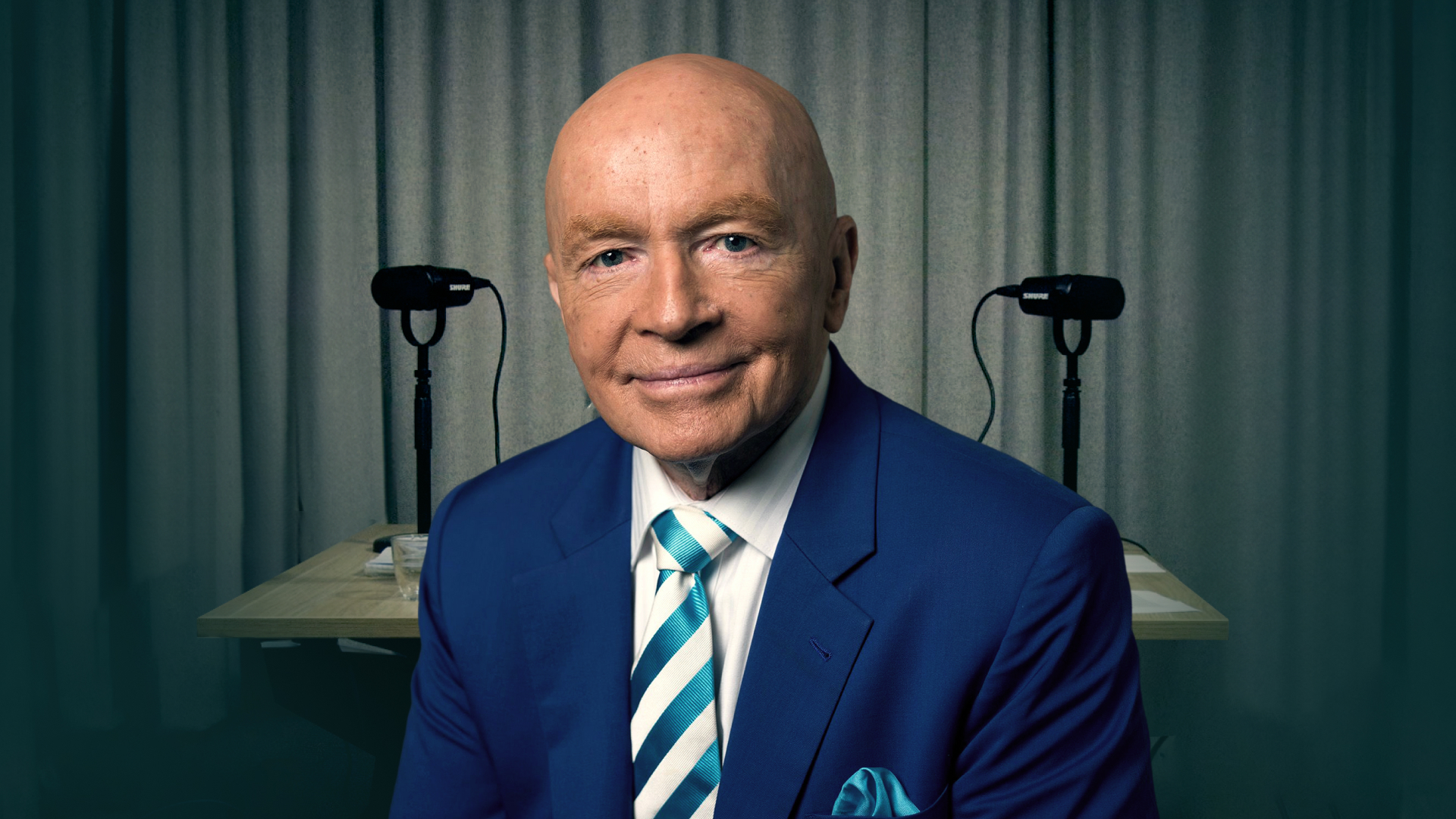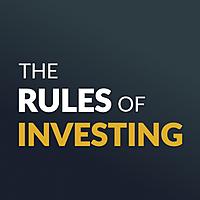Mark Mobius: Change is coming and most companies are not prepared
“People are getting too short term. They’re getting panicked by the developments taking place on tariffs and so forth... they don’t realise it’s often just a bargaining point.”
That’s the view of Dr Mark Mobius, a pioneer in emerging markets investing and founder of Mobius Investments. Mobius says many investors are misreading the noise echoing around global markets. His advice? “Be patient and be willing to roll with the punches.”
In this episode of The Rules of Investing, Livewire’s James Marlay caught up with Mobius in New York to explore how he’s navigating global uncertainty, the investing lessons from decades of travel and working in Asia, and why he believes India is shaping up to be the standout opportunity of the next decade.
With a PhD from MIT and a track record that includes growing Templeton’s Emerging Markets Fund from $100 million to $50 billion, Mobius has experienced the highs and lows of multiple market cycles and dislocations.

Some companies are ready for change, most are not
Mobius has clocked up over a million miles of travel including visits to 112 countries and counting. He doesn’t just travel for leisure, however, he travels to stay close to the pulse of markets.
“It’s not only about companies,” he says, “but about the environment in which the companies operate.” Right now, being in New York, he sees the unease brought on by political uncertainty. “There’s a sort of freezing of operations,” he says, referencing how many businesses are pausing investment decisions while waiting for policy clarity.
Mobius believes the structural changes in supply chains sparked by COVID and global tariffs are still playing out. While some companies have started shifting production away from China, most are still catching up. “They resisted change, now they’re forced to make a change,” he says. Alternatives like Vietnam and India are stepping in, but it’s far from a seamless handover.
Lessons from a value investing legend
Recruited by Sir John Templeton in 1987, Mobius cut his teeth under one of the most respected names in value investing. “He was a true value investor, very much like Buffett,” Mobius says. “Watched every dollar, took a long-term view.”
This grounding shaped Mobius’ investing playbook, particularly in emerging markets where patience and valuation discipline remain critical. His approach is less about chasing stories and more about evaluating fundamentals, staying nimble, and understanding macro forces at work.
From Russia’s privatisations in the 90s to the hyperinflation of Brazil, Mobius has seen the full spectrum of opportunity and chaos. “We were able to find incredible bargains,” he says, pointing to Lukoil as one example of a quality company in a volatile environment.
What about the commonly perceived risk of not getting your money out? “We never had a problem exiting,” he explains, “because we kept a close eye on political shifts and moved quickly when needed.” Venezuela, for instance, was a market he exited when the nationalisation rhetoric ramped up.
Currency risk is harder to predict, but not impossible to manage. “We look at assets in dollar terms,” he says, particularly in high-inflation environments. “If the assets are selling at a price far below their true worth, then we can invest wisely.”
A new strategy with fewer constraints
Mobius’ latest vehicle, the Mobius Emerging Opportunities Fund, reflects a shift in how he wants to invest. It’s not a traditional emerging markets fund, and that’s by design.
“Restrictions imposed on normal mutual funds are not good,” he says. The new fund structure gives him the freedom to invest in developed markets too, where he often finds companies with emerging market exposure. “Apple is an emerging market company,” he jokes. “Where do they make their products? Where’s the growth coming from?”
Mobius believes that many investors are overlooking the fact that developed market companies are deeply tied to emerging market growth trends. His fund is designed to capture those links without being bound by traditional geographic mandates.
Of all the countries on his radar, Mobius is most enthusiastic about India.
“It’s 1.2 billion people, a young population, and incredible GDP growth,” he says.
India’s tech adoption is accelerating, and with a median age of 26, it offers the kind of long-term demographic tailwinds that investors love. “Technology is hitting these countries hard, in a good way,” he explains.
“It’s having a big impact and that’s accelerating their growth rate.”
He’s also mindful of how emerging markets have matured. Many no longer fit the traditional definitions of “low-income” economies. The opportunity, he argues, is to understand where they sit in the growth curve and position accordingly.
The Mobius ‘Bucket List’: Where he would invest, travel, and eat - if he had to choose just one
With so much experience in investing, travel and dining it seemed only appropriate to get a few ‘bucket list’ suggestions from a man who has seen and experienced more than most.
If markets were to shut tomorrow and stay closed for five years, Mark Mobius says he’d avoid placing all his chips on a single listed company.
“I would probably invest in my own company, Mobius Investments Limited,” he says. “Putting your eggs in one basket is very dangerous unless you control that basket.”
For investors looking for simplicity and diversification, he also points to an index solution. “Probably the best bet would be an S&P ETF,” he adds. “It’s one stock, but at the end of the day, it’s diversified.”
On the travel front, Brazil during Carnival tops his list. “It’s not necessarily the best place to invest, but it’s a wonderful country with wonderful people. You’ll have an incredible time.”
And when it comes to food, Mobius gives an unexpected nod to Australian produce. “Actually, Australia does pretty well with their steaks,” he says. “You can really have something that’s first class.”
1 contributor mentioned


